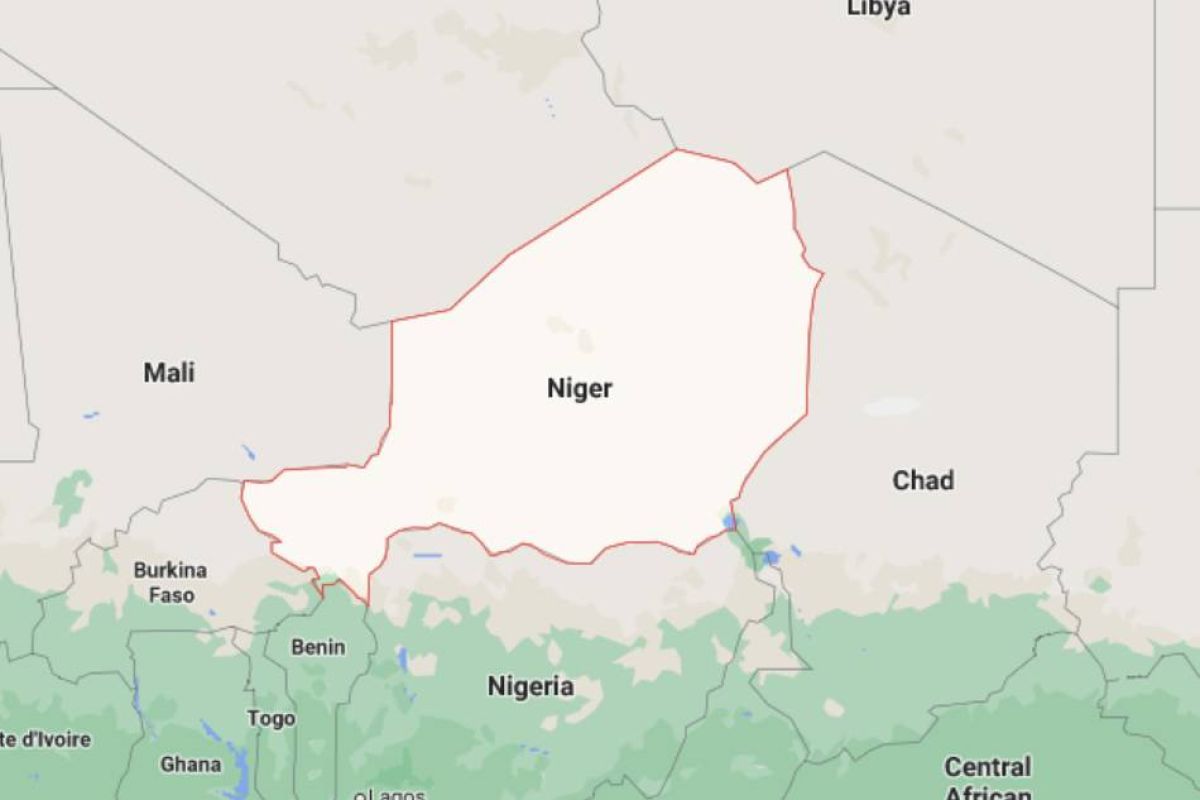
Niamey, Niger - On July 26th, 2023, a military coup took place in Niger, with rebel soldiers seizing control of the presidential palace and declaring they had taken over the government. This marks the latest in a series of coups that have plagued the Sahel region of Africa in recent years.
The Sahel, a semi-arid belt stretching across the width of Africa south of the Sahara, has faced growing instability. Countries like Mali, Burkina Faso, Chad, and now Niger have experienced military coups overthrowing civilian governments. Just last year, coups also took place in Guinea and Sudan.
Analysts see a number of factors driving this trend of coups in the region. Many Sahel countries remain mired in poverty and lack economic opportunities for their rapidly growing young populations. This has fueled discontent. Government corruption and weak rule of law has also eroded public trust.
Meanwhile, militant groups linked to al-Qaeda and ISIS have taken advantage of the instability to take root and carry out deadly attacks on security forces and civilians. Their presence further taxes the capacities of national governments. Experts estimate that militant violence has displaced over 3 million people across the region.
In Niger specifically, the coup adds to the climate of uncertainty and risks empowering militants. The African Union has strongly condemned the unconstitutional change of government. Neighboring countries have closed borders and suspended trade deals with Niger in response.
Looking ahead, establishing security and stability in Niger and across the Sahel will depend on building legitimate governance, providing economic opportunities for young people, and improving regional cooperation. Without addressing these deep challenges, the Sahel is likely to face recurring coups, violence, and humanitarian crises.
The international community must stand firm in supporting democracy over military rule, while also investing in long-term development in the region. The UN, African Union, and regional bodies like ECOWAS should pressure the coup leaders to swiftly return to civilian control.
Otherwise, the cycle of coups, conflict and state fragility may continue unabated. The future and stability of the Sahel hangs in the balance. Strong, collective action is needed now to support democracy and sustainable development for its people.



